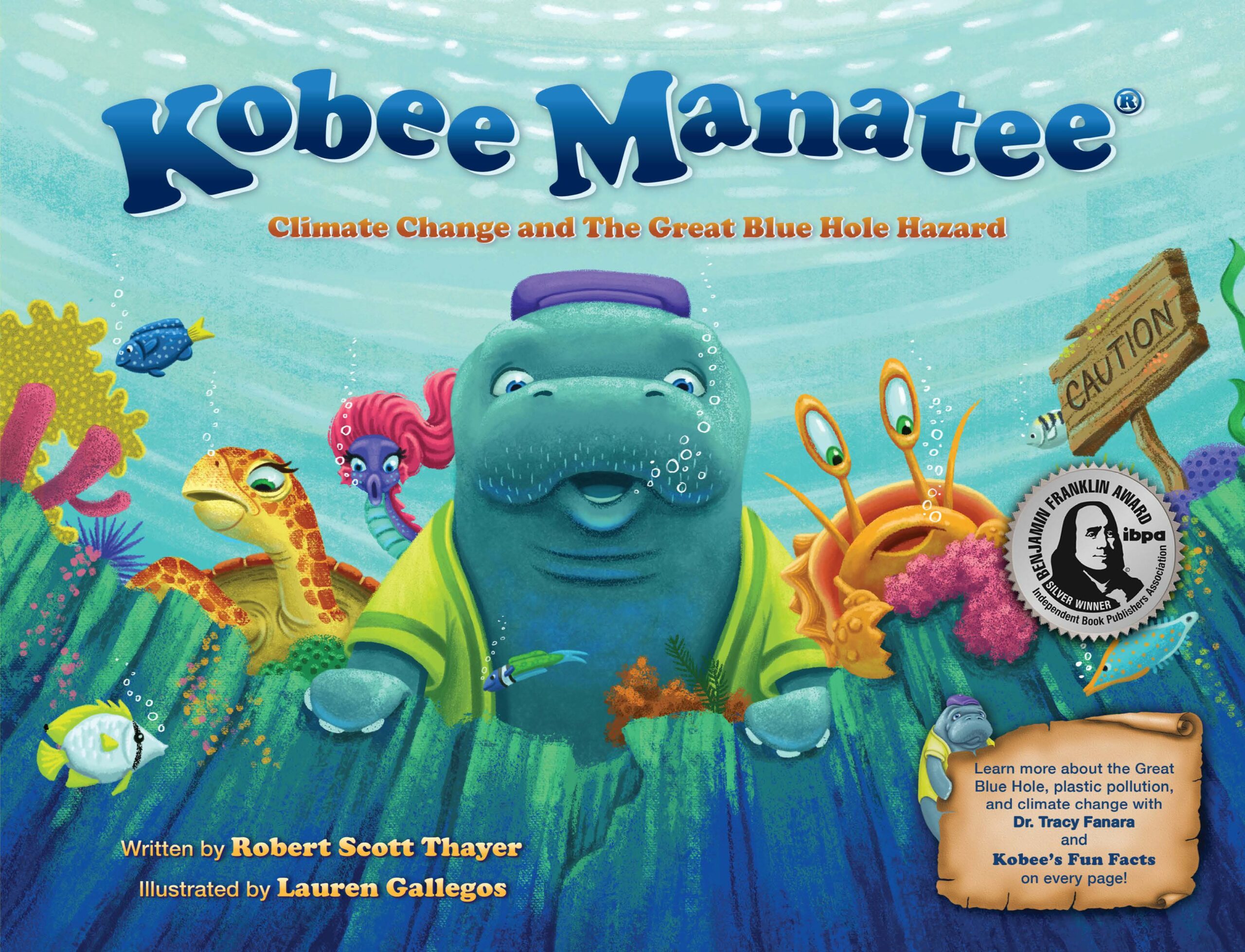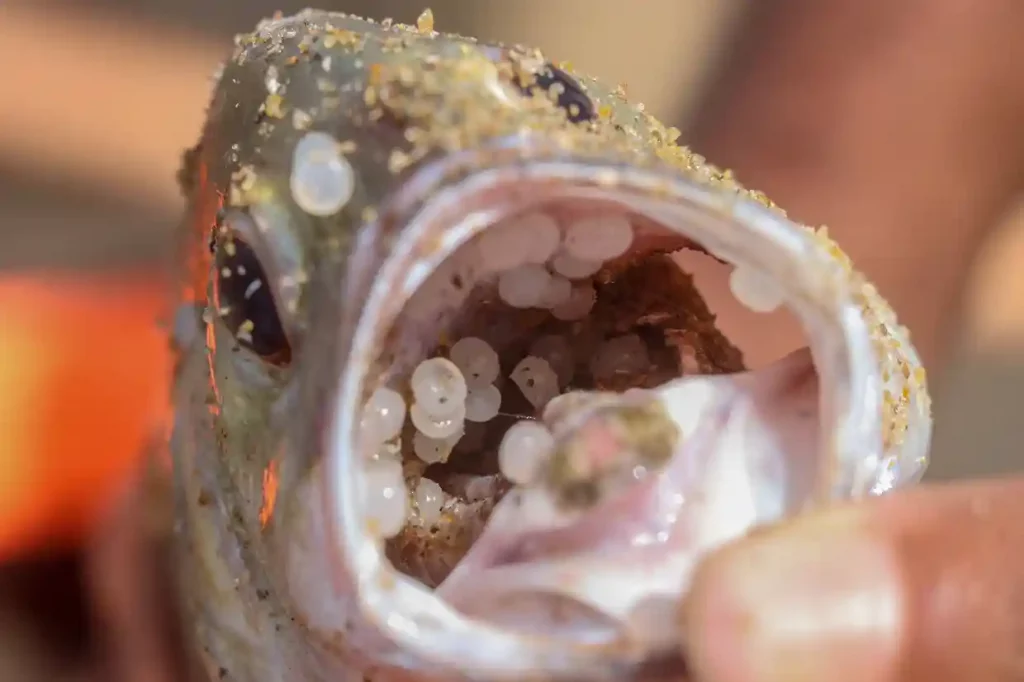Nurdles are Now Consuming the World!
Greetings to you! In this blog, I’d like to talk about a fairly new word in the climate change and plastic pollution research areas. The word is “Nurdle.” Do you know what a plastic nurdle is?
According to the Plastic Soup Foundation here’s the definition, “Nurdles, or plastic ‘pellets’, are tiny granules of plastic less than 5 millimeters in size that are used in industry to manufacture all kinds of plastic products. Plastic nurdles have been one of Plastic Soup Foundation’s most important issues since 2015. We are highly concerned about the degree to which our environment is polluted by these plastic granules.”
According to this non-profit organization, “In the EU alone, up to 23 billion plastic nurdles end up in the environment every day. In one year, this amounts to an inconceivable 8 trillion nurdles that equates to 160 million kilos.” And this is only tabulated from Europe. The non-profit continued and said, “The Great Nurdle Hunt, a Scottish organization, estimates that about 230 billion kilos (230,000,000,000) of plastic nurdles enter our seas and oceans every year. [This is equivalent to 253,531,602 tons!] That amount is likely to be far higher as there is no data available for several countries, including China.”
The Birth of Plastic Nurdles and the MSC ZOE
The Plastic Soup Foundation explained how plastic nurdles entered our scientific vocabulary, “The night of January 1, 2019 saw the biggest ‘breakthrough’ in the nurdle story in the Netherlands. Prior to this, only the plastics industry and the environmental movement knew what nurdles were. On this night though, nurdles pollution became a well-known phenomenon for many people in the Netherlands.
Infamous, through definitely not appreciated, this eventful night was the night that the container ship MSC Zoe lost 300 containers in the northern Wadden Sea. Some of these containers were filled with nurdles. According to the University of Groningen, at least 24 million plastic granules washed up on the Dutch coast, mostly on the beaches of the island of Schiermonnikoog [the smallest Dutch North Sea island] .”
The Foundation continued and said, “Rijkswaterstaat (the executive arm of the Dutch Ministry of Infrastructure and the Environment) calculated that MSC Zoe did not only lose 600 kilos of polyethylene nurdles – floating plastic granules that wash onto land after a while – but also lost 10,000 kilos of polystyrene nurdles. These granules are denser so [they] do not float, but instead sink and are now lying on the seabed of the North Sea. Minister Cora van Nieuwenhuizen of the Ministry of Infrastructure and the Environment has commissioned a study into the ecological effects of the MSC Zoe disaster. The nurdles are virtually impossible to clean up and will remain in the sea, on the beach, and in the dunes forever. She pledged to the House of Representatives that the final report would be ready in October 2020, but that deadline has now passed. This puts plastic nurdles in second place of microplastics pollution in the environment. ‘Secondary’ microplastics, small particles released by the wear and tear of textiles and tires, are at number one.”
What is an Excellent Way to Talk to Kids with “Soft Facts” about Plastic Pollution and Climate Change?
One awesome tool for talking to kids about plastic pollution and climate change is to read my fourth installment in the award-winning Kobee Manatee® Children’s Educational Picture Book series. It’s titled, Kobee Manatee® Climate Change and The Great Blue Hole Hazard. It’s about climate change and plastic pollution in our oceans.

When you read this educational picture book to children, it’s a fun and fictional adventure loaded with weaved in “soft facts” on climate change and plastic pollution, which helps children learn about these serious subjects in a fun and entertaining way. Here’s a brief synopsis …
Kobee Manatee, the protagonist and his seafaring pals, Tess the seahorse and Pablo the hermit crab swim from the Cayman Islands to Belize. Kobee wants to help his cousin Quinn clean up plastic litter at her new, all-veggie underwater bistro called Quinn’s Seagrass Café.
On their Caribbean journey they encounter harmful effects of climate change and plastic pollution. As if that wasn’t enough, several other unforeseen problems occur with a distressed loggerhead turtle, a giant Portuguese man-of-war, and a venomous scorpionfish. They’re all amazed when they discover the extraordinary Great Blue Hole. Then their adventure takes another crazy turn when Pablo plunges into its huge abyss!
Each page includes in-depth, scientific details on climate change and plastic pollution in our oceans with Dr. Tracy Fanara, NOAA Research Scientist (aka Inspector Planet). Tracy can be seen on The Weather Channel as a visiting expert and she’s also seen on their “Weird Earth” segments. Dr. Fanara is also seen on Fox Weather segments.
We already have Fantastic Reviews on this New Release!
“A well-crafted, thoughtful, and well-illustrated addition to a noteworthy educational book series.” —Kirkus Reviews
“Robert Scott Thayer presents an important environmental message in an engaging story with wonderful characters. Anyone who loves the ocean and wants to help save it should read Kobee Manatee: Climate Change and The Great Blue Hole Hazard. I’m looking forward to the next Kobee Manatee adventure.” —Readers’ Favorite
For young readers who enjoy imaginative tales surrounding affable and heroic sea creatures, as well as parents and/or teachers looking for a way to introduce youngsters to the importance of marine conservation, Kobee Manatee® Climate Change and The Great Blue Hole Hazard offers a perfect blend. Highly recommended! – Chanticleer Book Reviews
Keep watching for more of my updates on climate change!
If you see any sick or injured manatees, please call the Florida Fish and Wildlife Conservation Commission at: 1-888-404-3922 (FWCC). They are the folks who are responsible for rescuing us in Florida.
Here’s the Save the Manatee Club link to learn more about us manatees …
Here’s a cool link for you to learn more about how we’re rescued and brought into rehabilitation …
~ Robert Scott Thayer
Could Climate Change Wipe Out Coral Reef Fish? (November 8, 2017)
